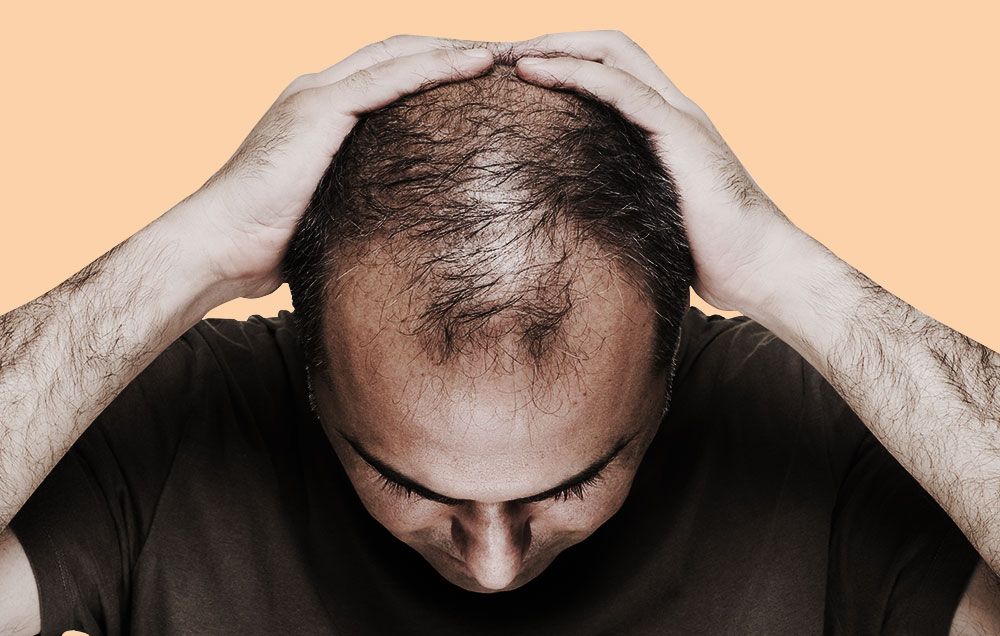
Hair fall is a common concern for people of all ages, but understanding its root cause and finding the right treatment is crucial for effective management. A trichologist, a specialist in hair and scalp health, plays a vital role in diagnosing and treating hair fall concerns. Here’s how they approach this issue:
1. Comprehensive Consultation
The first step in treating hair fall is a thorough consultation. A trichologist will assess your medical history, lifestyle, and hair care routine. They may ask about stress levels, hormonal imbalances, or any underlying health conditions that could contribute to hair loss. This holistic approach ensures that the diagnosis is well-informed and tailored to your specific needs.
2. Scalp and Hair Examination
A trichologist will closely examine your scalp and hair under specialized tools like dermatoscopes to determine the condition of your scalp, the density of hair, and any signs of inflammation or infection. This step helps identify the type of hair fall, whether it’s due to genetic factors, nutrient deficiencies, or external damage.
3. Advanced Diagnostic Tools
In more complex cases, a trichologist might use advanced diagnostic tests like blood tests, scalp biopsies, or hair strand analysis to delve deeper into the underlying causes of hair fall. These tests can reveal hormonal imbalances, nutritional deficiencies, or even autoimmune disorders that could be contributing to hair loss.
4. Customized Treatment Plan
Once a diagnosis is made, the trichologist creates a personalized treatment plan. This may include:
- Topical treatments like medicated shampoos, serums, or minoxidil to stimulate hair growth.
- Nutritional advice and supplements such as biotin, iron, or vitamins to combat deficiencies.
- Laser therapy or PRP (Platelet-Rich Plasma) treatments to promote hair regeneration.
- Lifestyle adjustments, including stress management techniques and proper hair care practices.
5. Monitoring and Follow-Up
A trichologist’s role doesn’t end with the treatment prescription. They closely monitor the progress and effectiveness of the treatments over time. Regular follow-ups ensure that the treatment is on the right track, and adjustments can be made if necessary. This long-term approach is crucial for sustained hair health.
6. Preventive Measures
Besides treating the current issue, a trichologist also emphasizes prevention. By offering tailored advice on hair care, diet, and lifestyle, they help you maintain healthy hair and prevent future hair fall. Recommendations may include the use of mild hair products, gentle hair brushing, and proper hydration.
Conclusion
A trichologist’s expertise lies not only in diagnosing and treating hair fall concerns but also in addressing the underlying causes. Their holistic approach ensures that treatments are personalized and effective, leading to long-term hair health and confidence. If you’re experiencing hair fall, consulting a trichologist is the first step toward regaining control over your hair and scalp health.

